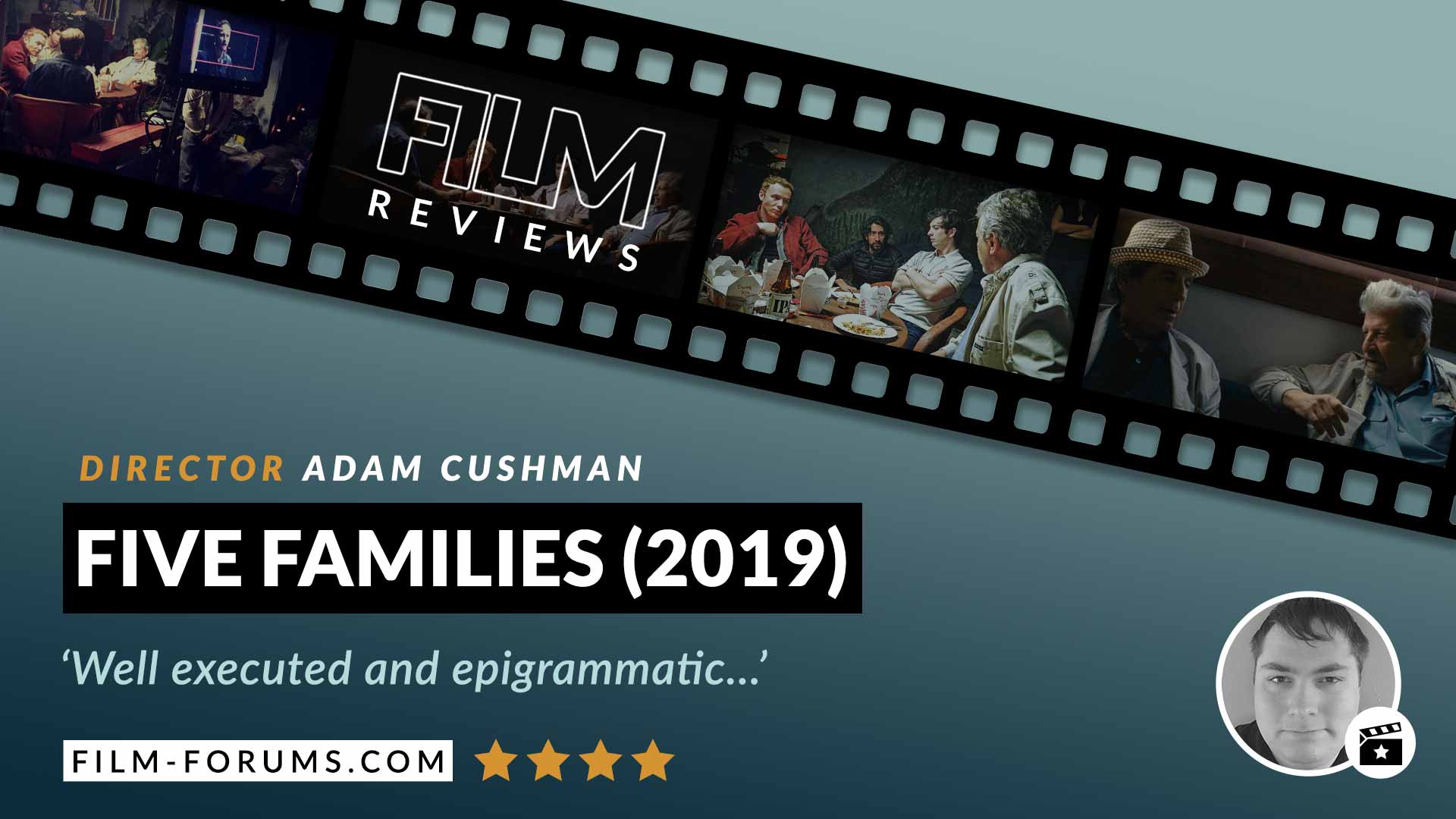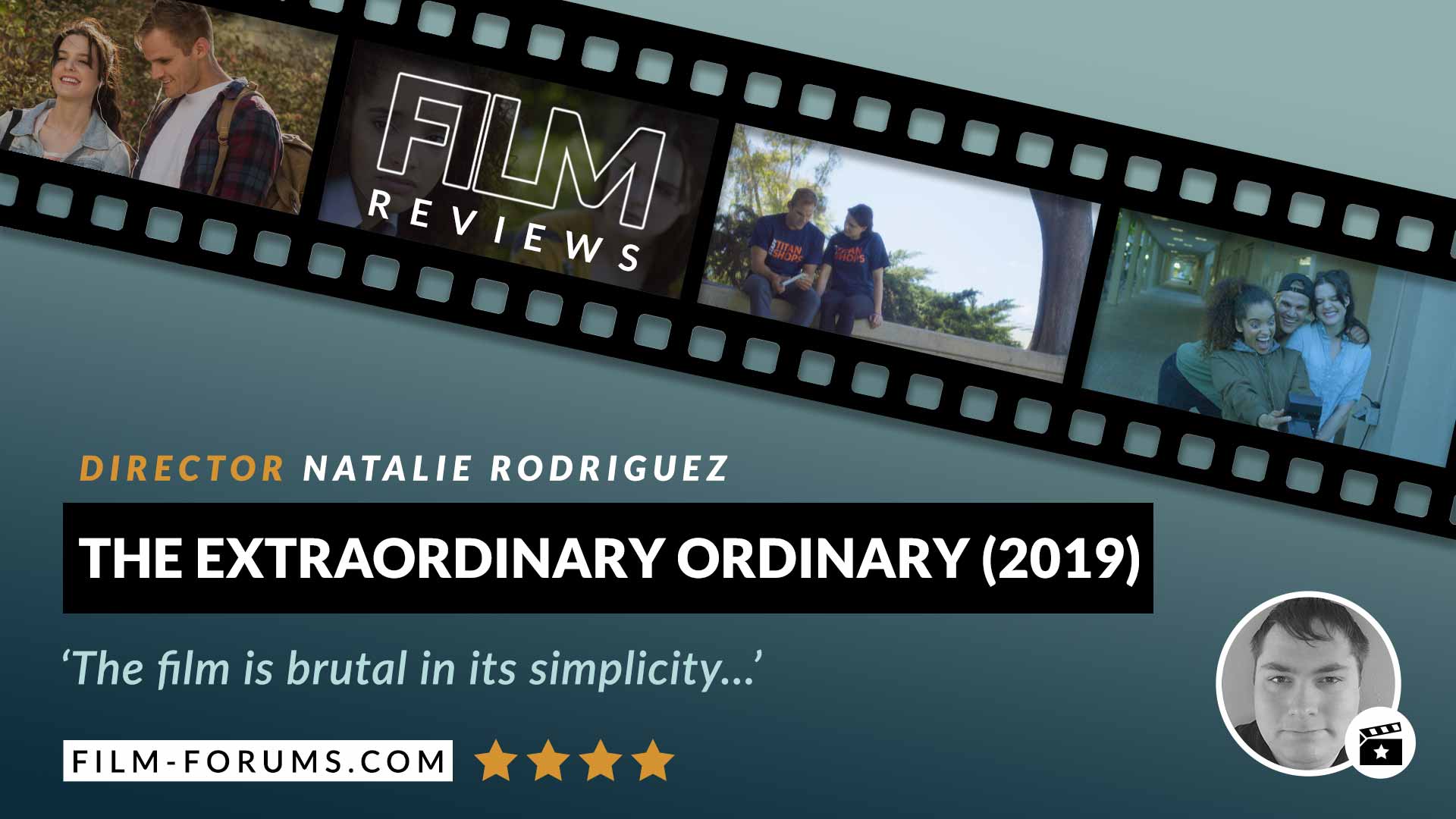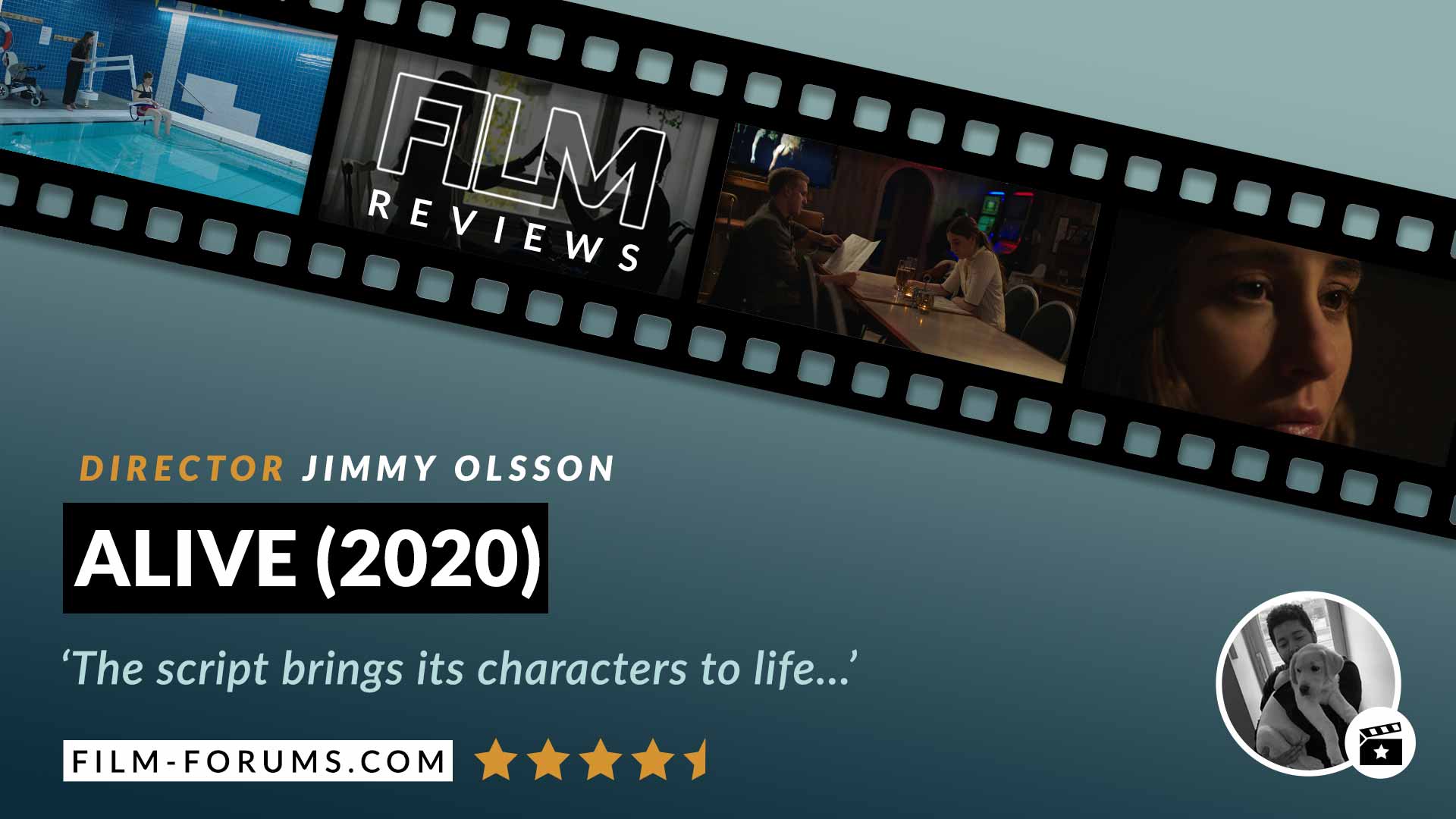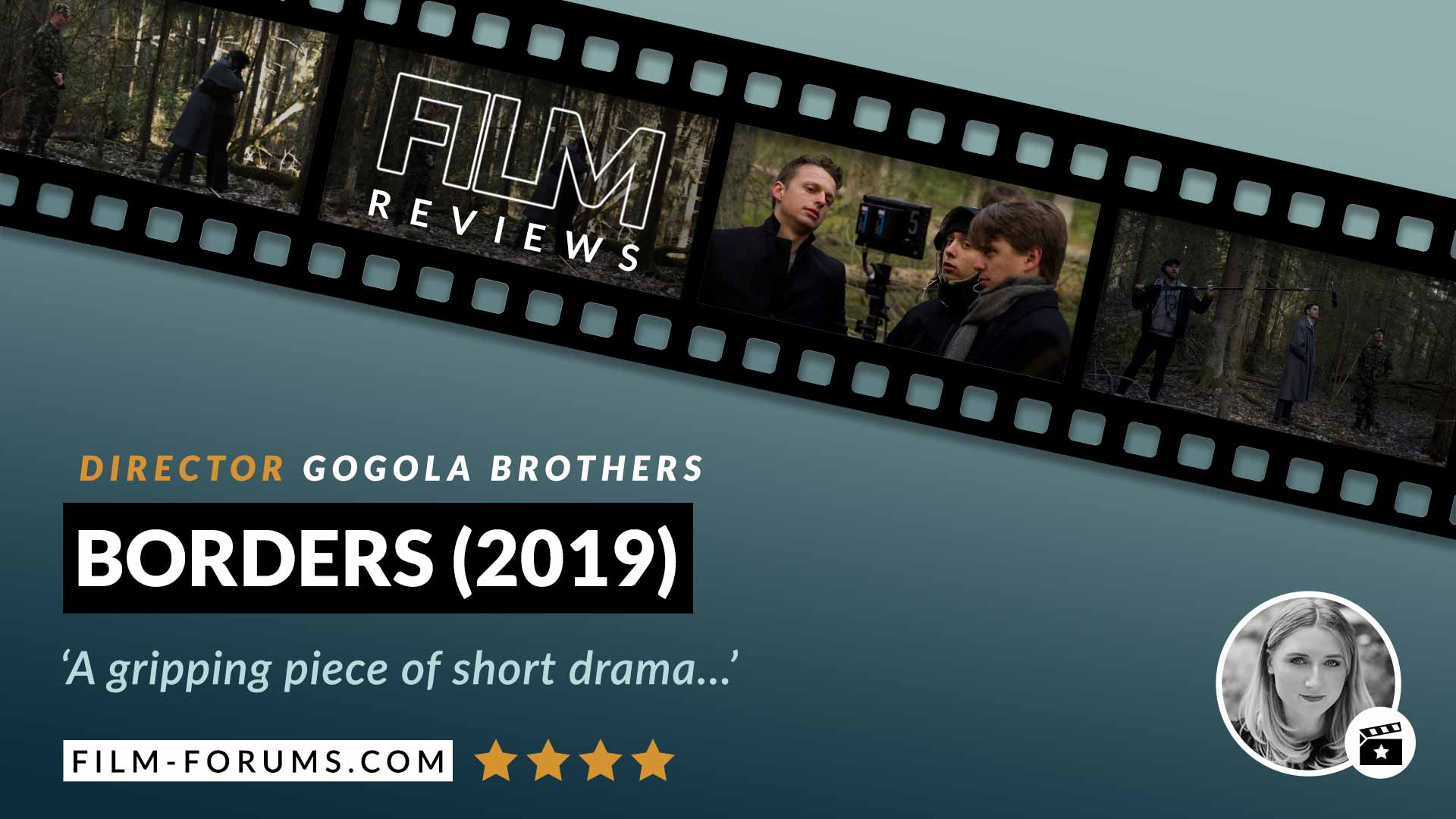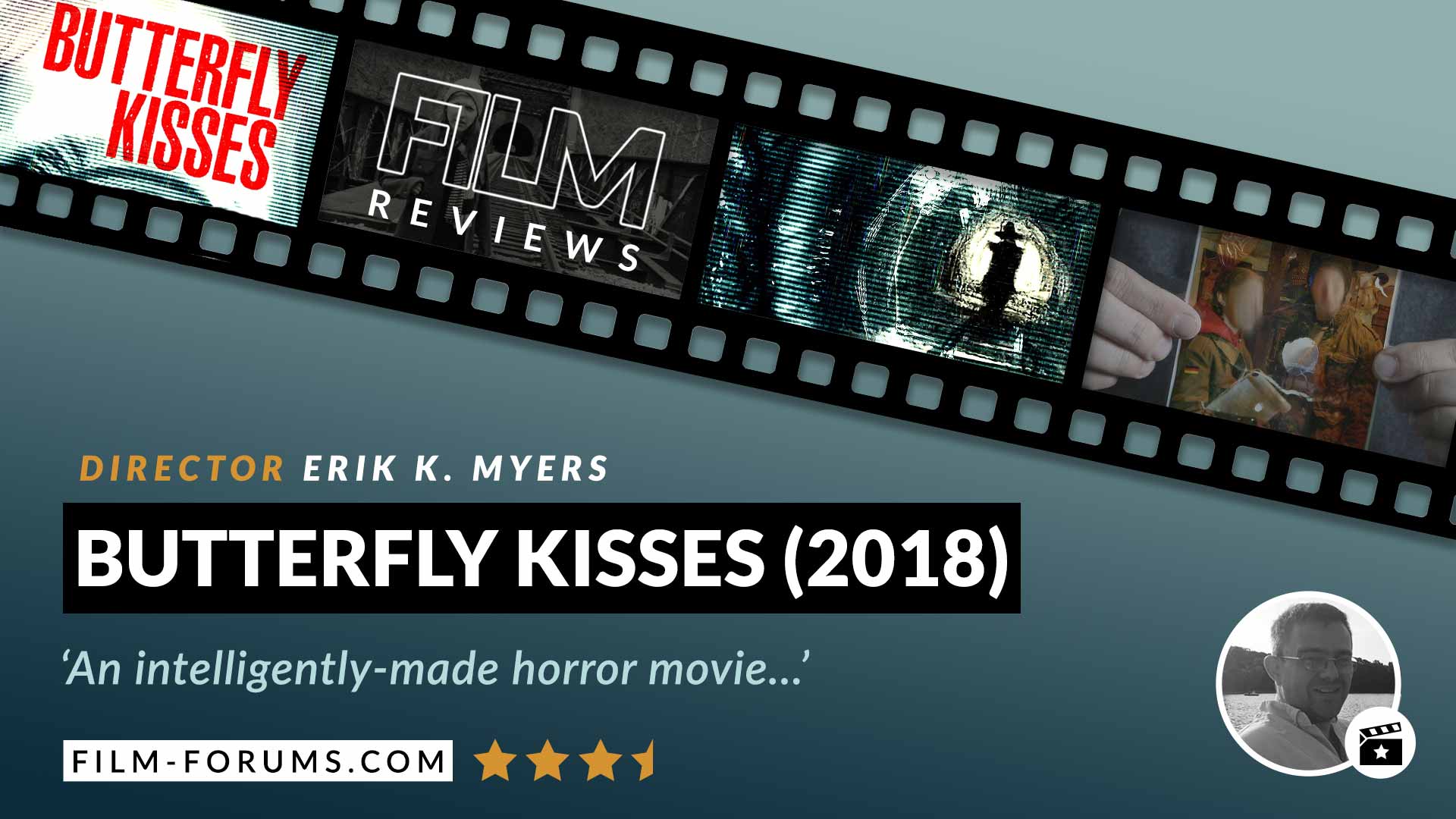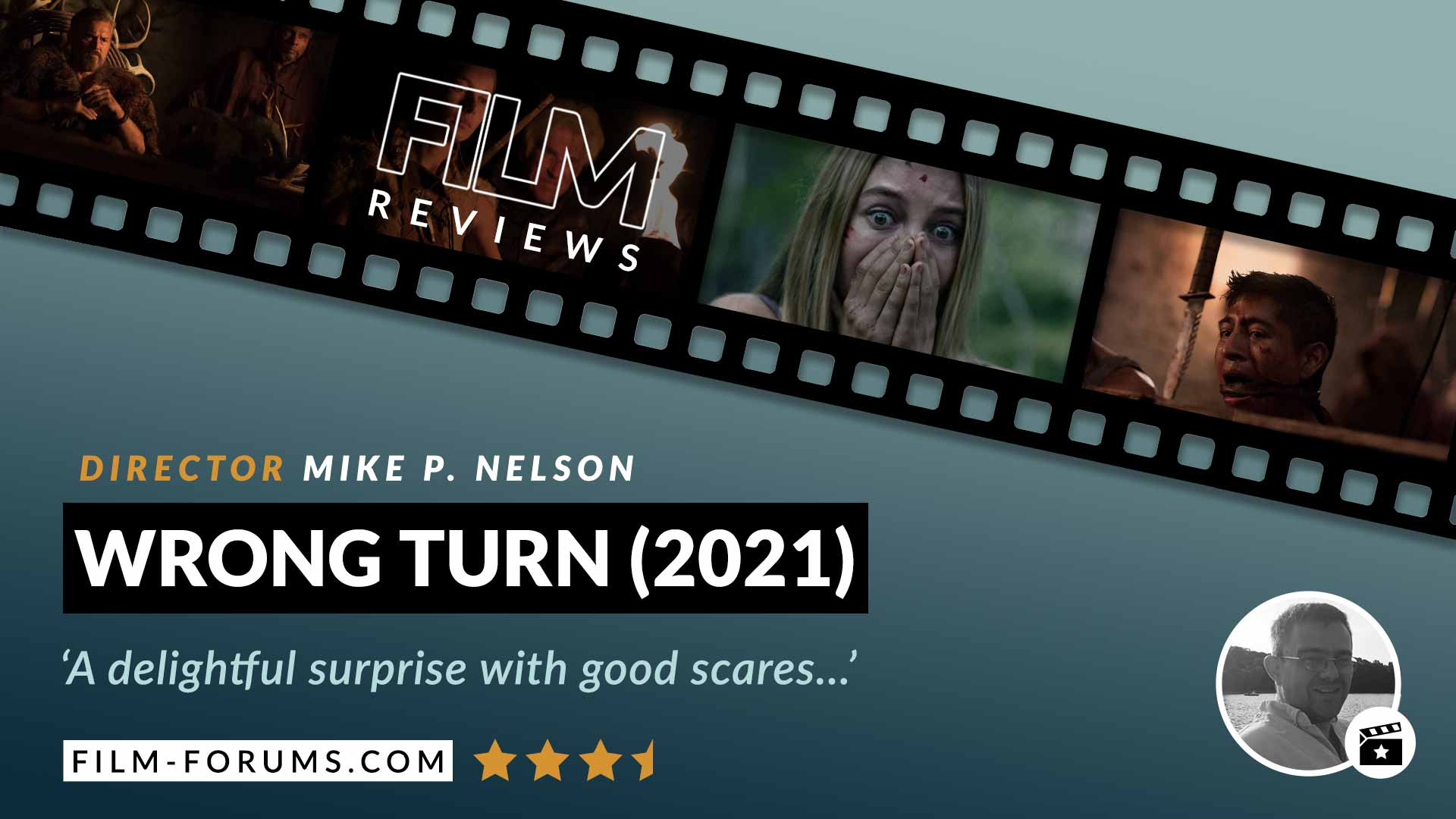Criminal families exist against the backdrop of normal society, as much set against it as a part of it. Five Families (2019), a short film by Adam Cushman depicts a few fragments of the fractured family life, or what remains of it, of a near-retired Jewish mafioso who has begun to wonder what will be left behind when he’s gone.
Watch Five Families (2019) on Vimeo.
How do the bonds of family persist over time when those bonds are strained, as they are in the criminal underworld?
Adam Cushman’s short film, Five Families (2019), seeks to ask that question visually rather than directly. In a medium which can often feel rushed or overly-packed to make up for brevity, Five Families shows remarkable patience and restraint.
Perhaps due to its brevity, and compacted nature, I hope you can understand if this review comes across over-analytic, as to analyse even one scene requires a magnifying glass.
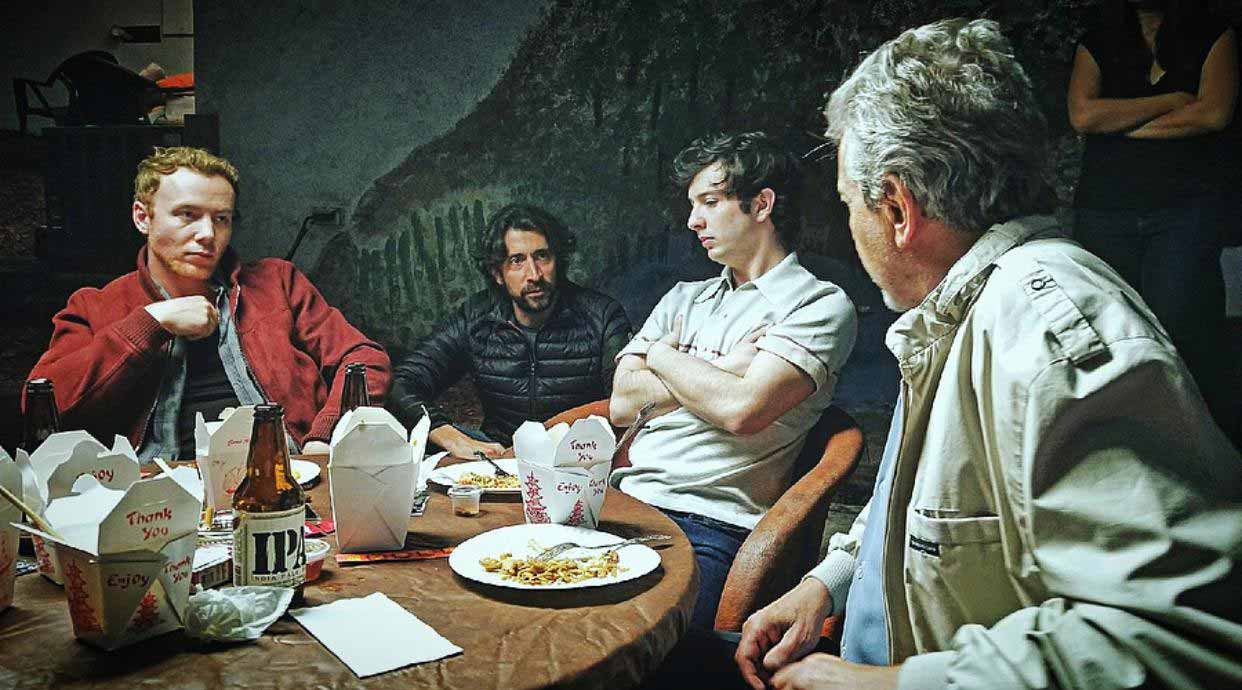
Five Families (2019) short film featuring Laurence Fuller
Short but sweet, a short film living up to the name
Five Families (2019) is well executed and epigrammatic. Although brief, it is concise and succinct – an example of truly cutting the fat away and leaving behind only what is purely necessary to tell the story.
This leaves more room for, and in turn is accentuated by, the long silent pauses which one could liken to the negative space in any artwork. The tense stares and awkward gatherings serve to emphasise the rare breaks in the silence, as well as the uncertainty of what is to come, and that familial bonds cannot be relied on as they once were.
Frank is starting to lose faith in “family”
Our story concerns the growing threat of police involvement, a group dubbed “Five Families”, and our main character Frank (Barry Primus) – who began the piece by kissing a photo of his family – coming to realise just how far the bonds of family have drifted and strained as he learns from Benny (David Proval) of the disturbing exploits of his younger family members.
Much aided by Cushman’s directing, and no doubt Primus’ writing, so much is conveyed to us through visual cues, and Five Families (2019) excellently demonstrates the show-don’t-tell mantra.
Primus evidences his character Frank’s concerns for his family visually and excellently. As our main character, and due to the nature of the medium, by comparison other performances are dramatically brief, but all the more vivid for it.
Christopher Redman, Julian De Zotti, Laurence Fuller and Joe Blute, despite their cursory roles, each manage to convey an individual performance which avoids blending in with the background or those of each other. Their performances are impactful despite the drastically limited wordage.
David Proval, whose character alone comes close to Primus’ in terms of screen-time, fills the role of the more-connected mobster especially well, executing the “relaxed but eternally concerned” older criminal demeanour effortlessly.

Functional without the fun, but a dutifully persistent soundtrack
The soundtrack is a little unadventurous, Scott Morgan delivering a dull drone familiar to the modern age of cinema. It is functional and doubtlessly serves the piece well, not distracting from the critically brief wordage.
Of course with such brief windows of opportunity to explore audibly, there were few chances to do much with it, and as stated, it serves well to build tension – which is why this style or something akin to it is so often used.
It easily could have been much worse, either a totally absent soundtrack which would have left the piece feeling flat, or far-too bombastic thus drowning the subtleties of the piece. Perhaps a product of the immense restraint involved in the film’s production, it’s all it needed to be but not much more
A film full of tense gatherings, but this one was just plain awkward
The only negative standout, regrettably, was the combination climax/conclusion/cliff-hanger, where the rumoured “Five Families” police group are seen standing openly just across from Frank’s home.
While it’s hard to pin down, the posture, the framing, there is something about the shot of those officers standing around their car that simply seems unsatisfactory. Rather than a tense cliff-hanger I was left wondering if that was really the best shot they could have used, especially given its sheer importance.
Perhaps this shot is a victim of being such a standout from the rest and the methodology involved. A film full of close-ups, framed faces and tilted heads, there is an obvious effort made to use physical distance as a means to convey emotional closeness.
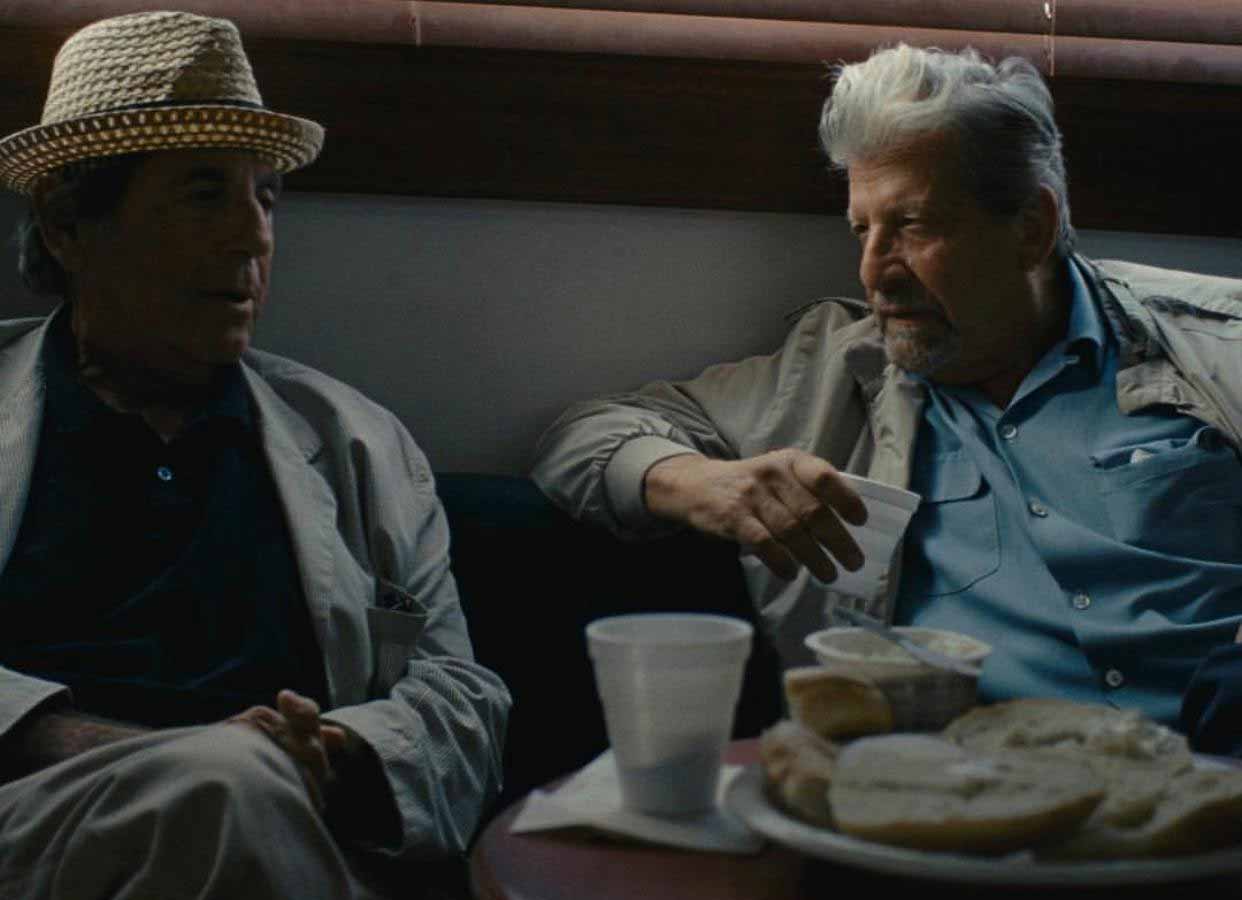
Old friends Benny and Frank are filmed almost breathing on the lens as they discuss the situation at play, while the shots of Frank and associates later on are interjected with a few pulled back shots that show the distances between them, even while sat at a small table.
Thus the police unit, both literally and figuratively ever in the “background”, are filmed so distantly and off-set as to push this visual metaphor just a bit too far. The trio seem quite literally out of place, not just narratively.
While this does nothing to impede the rest of the film, it’s simply a shame to end on such a damp squib, especially when it could have left a more lasting impact.
Five Families (2019) is an expression of tension
Overall, an excellent short piece. At barely over ten minutes runtime it manages to convey more than some pieces multiple times its length, with lengthy silences included.

Writer and editor from the north of Scotland, lifelong movie enthusiast. Always looking for an unseen classic, watching something new every day.

